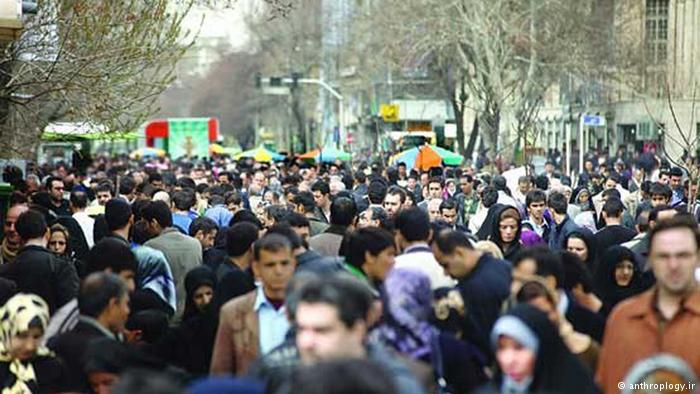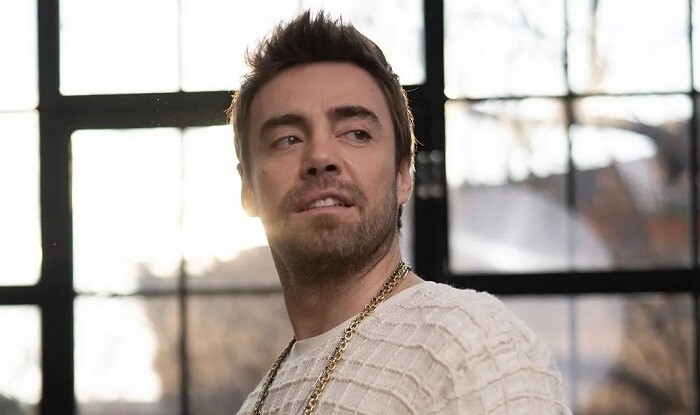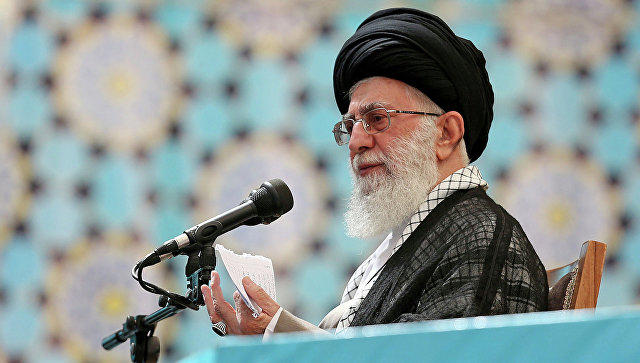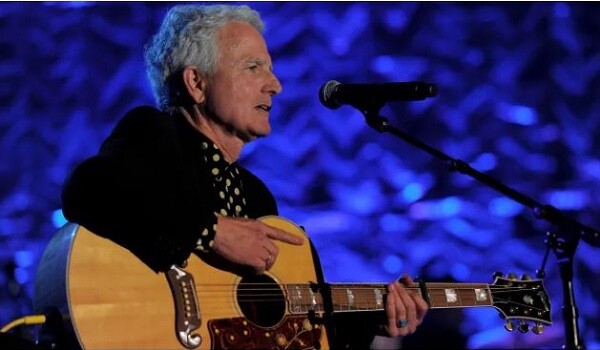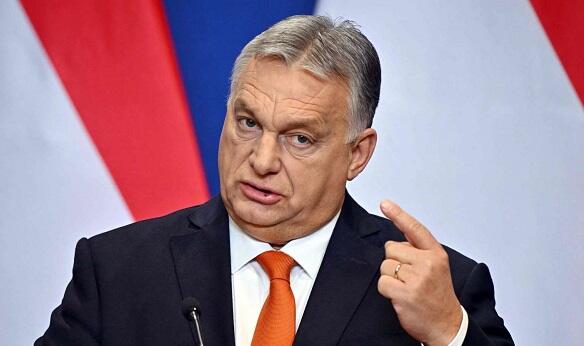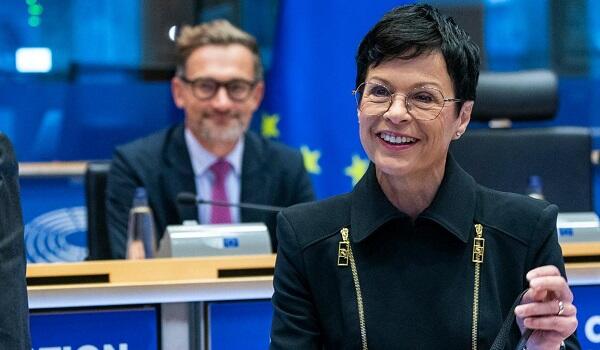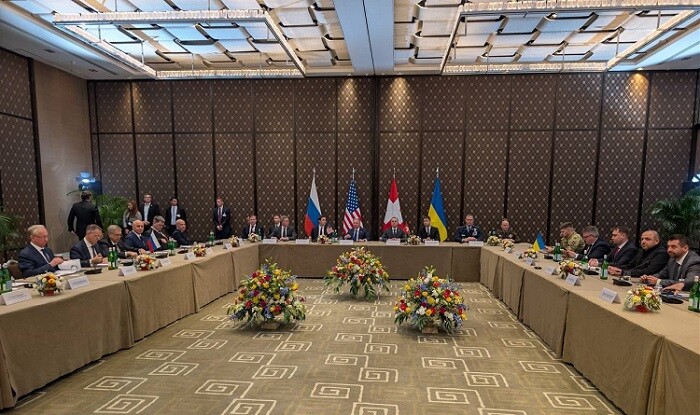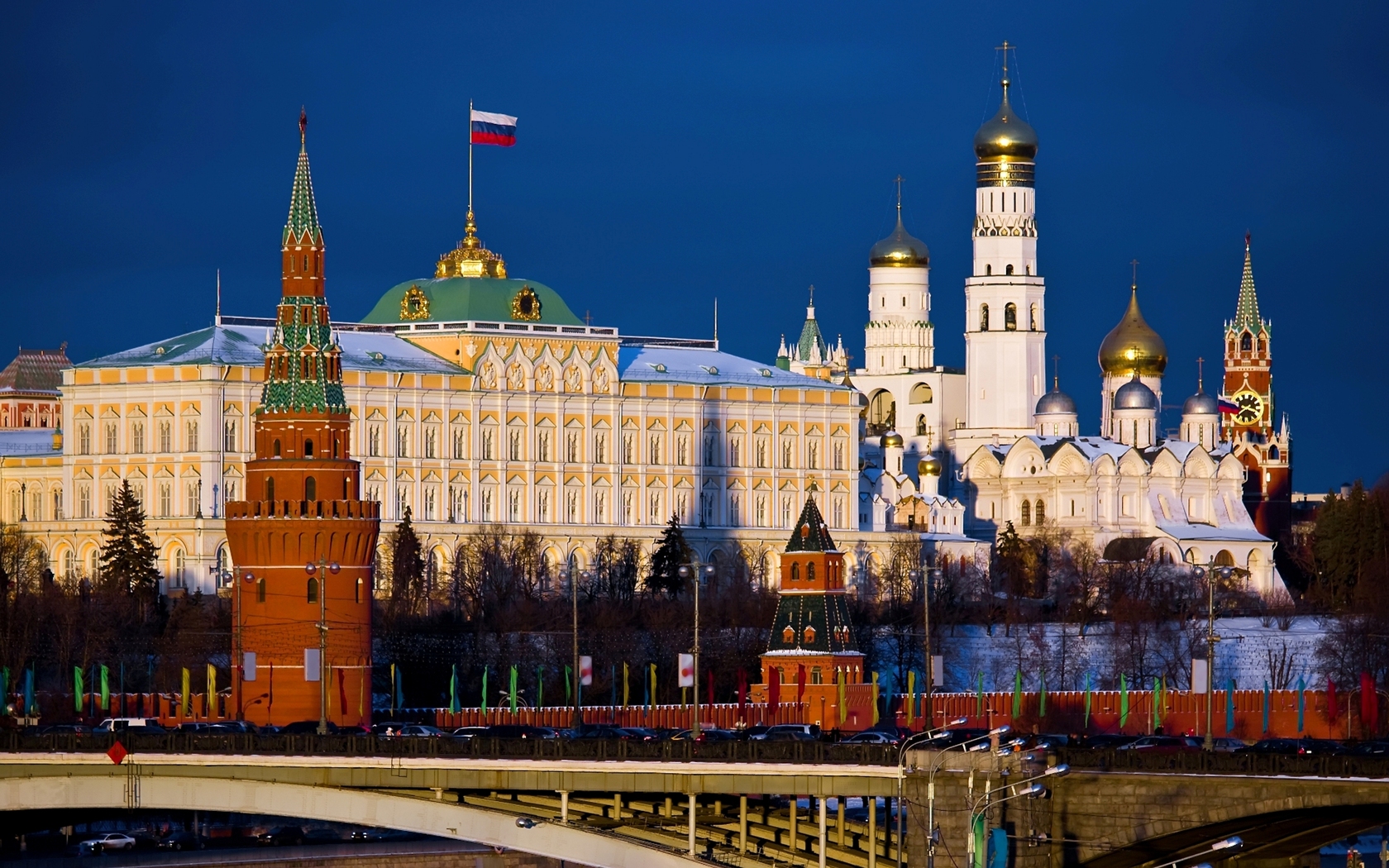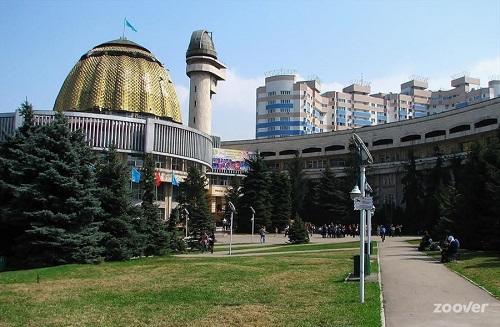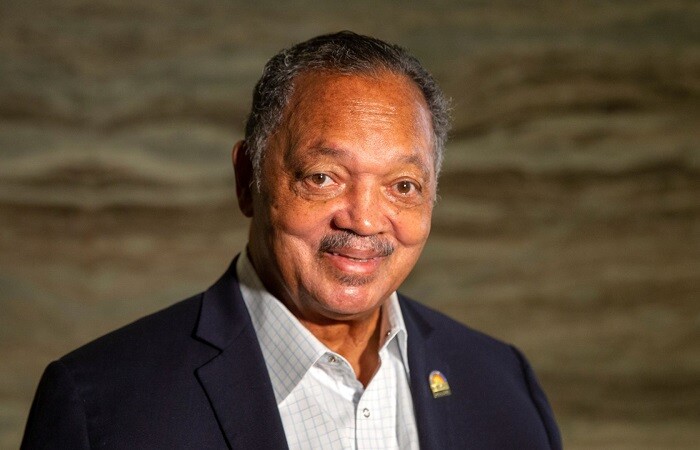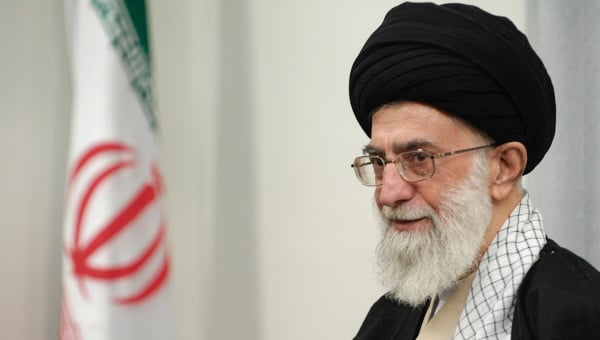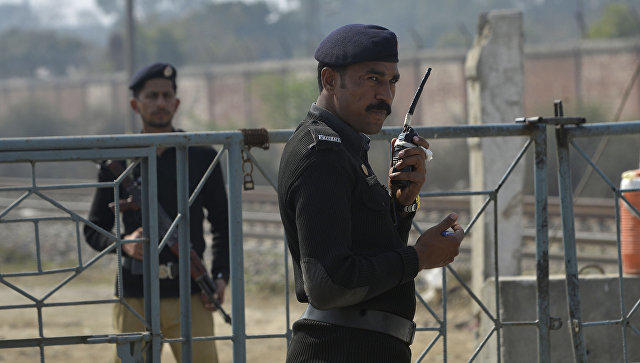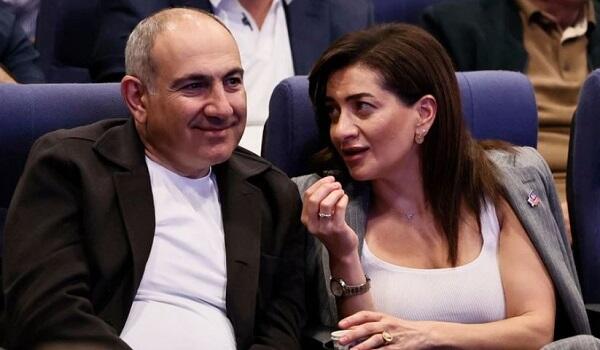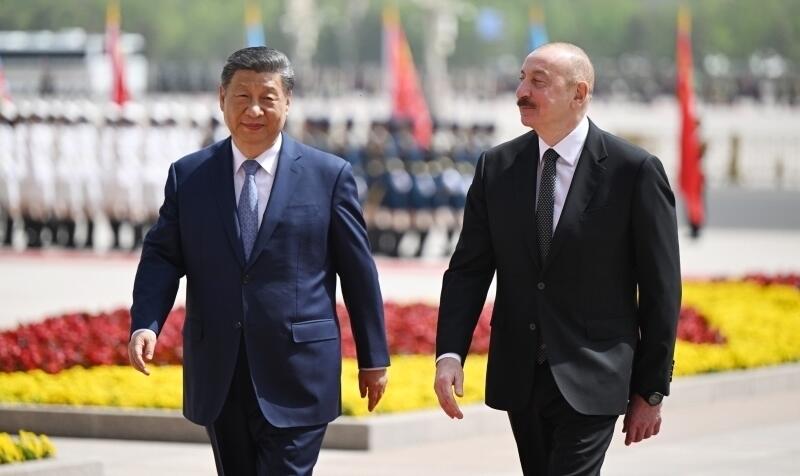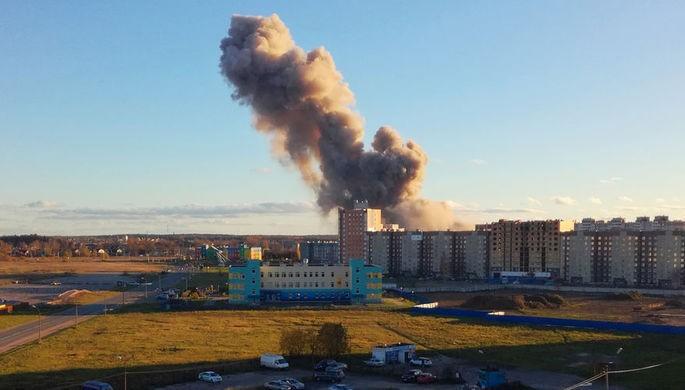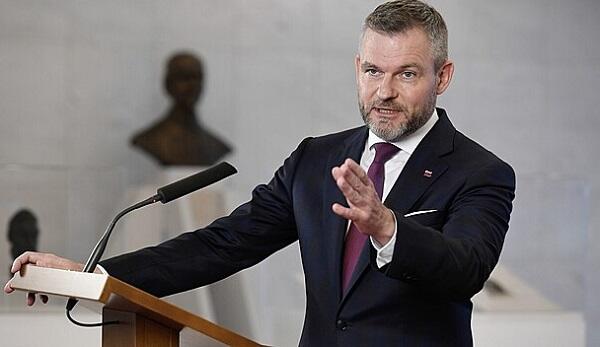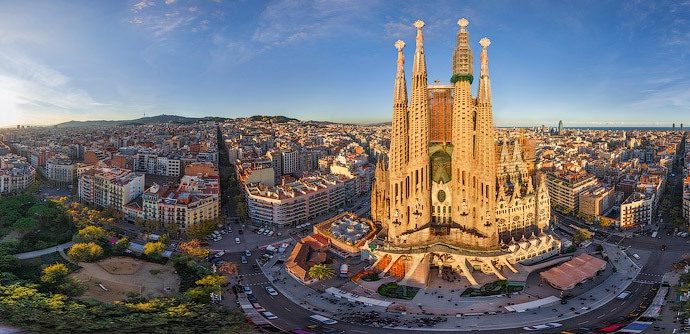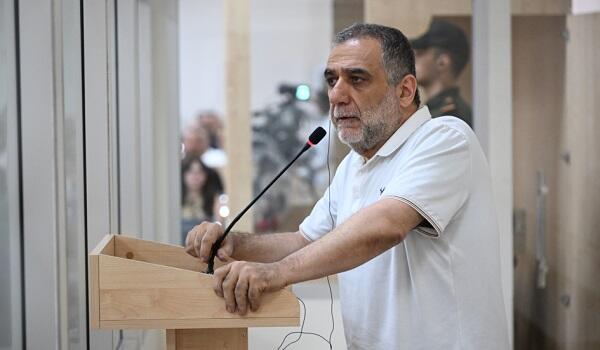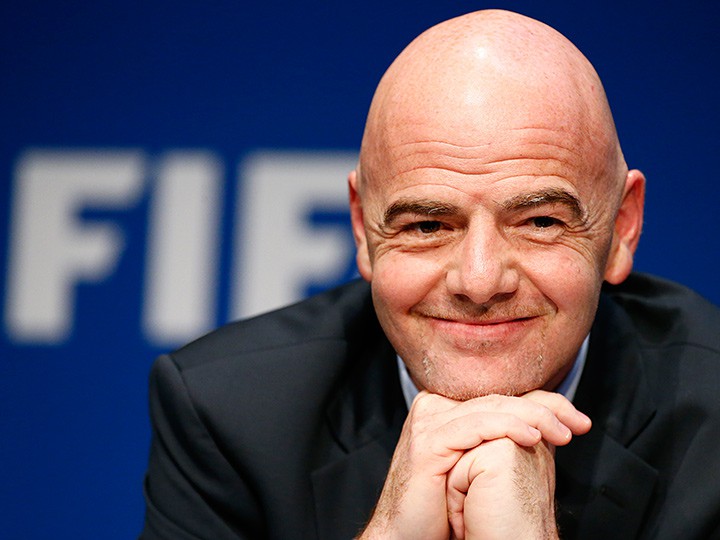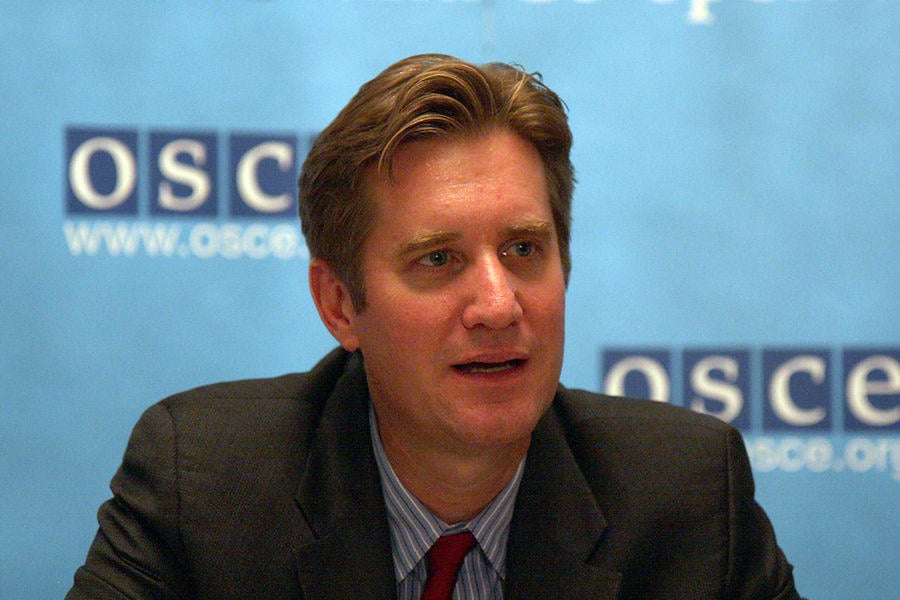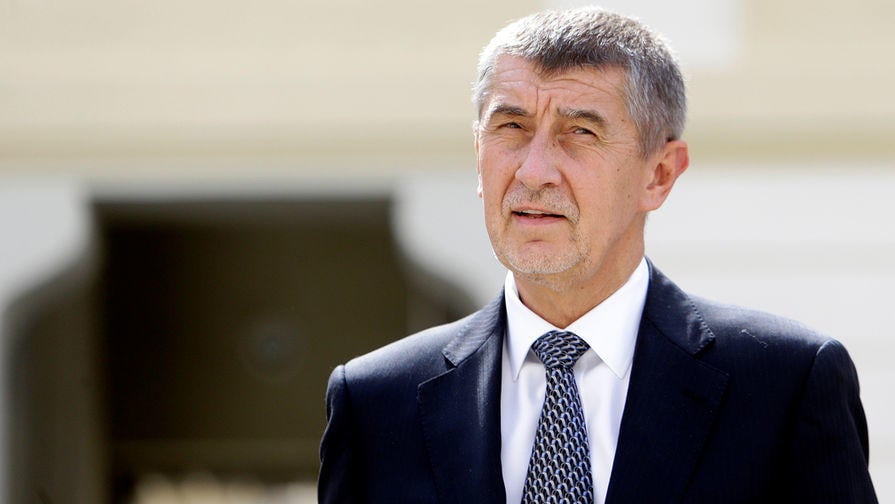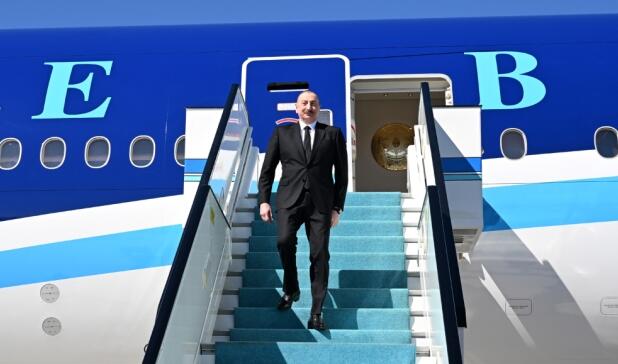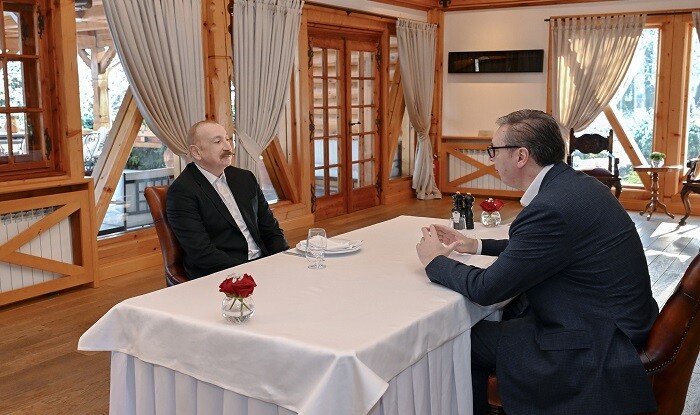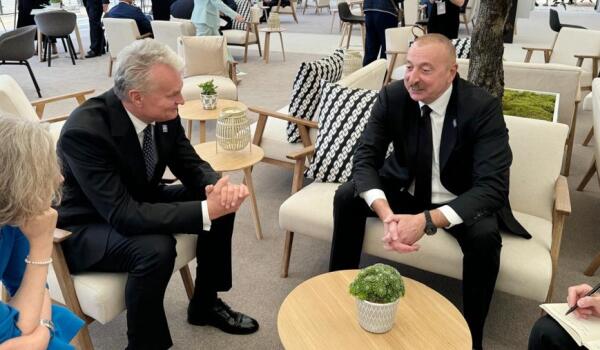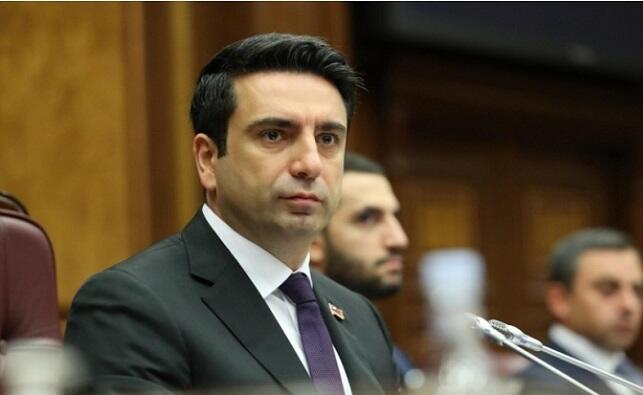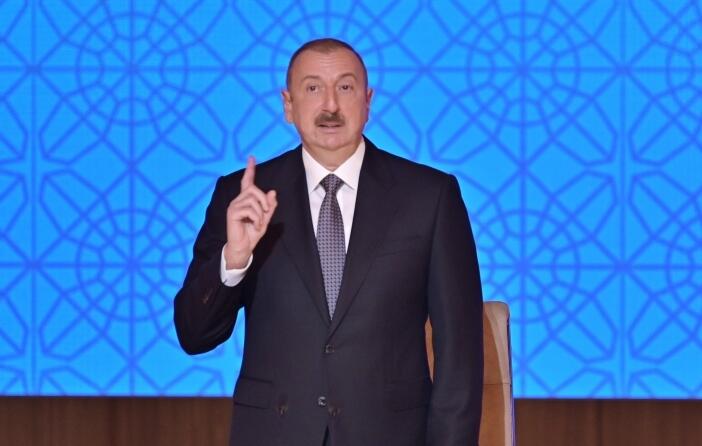President Trump has made clear through his rhetoric and through his plans to do what I said to roll back certain elements of American democracy that he could actually threaten the very fabric of the US democracy.
Axar.az reports that Matthew Bryza, former U.S. Ambassador to Azerbaijan and international political expert, shared these insights in an interview with the agency.
Every US election seems like the most important one ever, but this one does seem particularly iconic for a few reasons. Number one, well as during the 2020 election, candidate Donald J Trump is talking about or threatening to undercut many of the fundamental components of the United States democratic system. So he is talking about purging the US civil service of professionals and putting in place people who are loyal just to him. And he's talking about pulling back regulations and weakening the government and the federal government in many ways to, from his perspective, allow businesses to prosper free from government interference. But what that's likely to do also is to decrease the efficiency of, let's say, US automobiles, decrease harmful emissions, whether it be of greenhouse gases or many other pollutants, and leave. I believe many American citizens are less protected from what some regulations are meant to protect against.
He has also called for another round of very large tax cuts that disproportionately affect positively the income of the wealthiest Americans.
On the more positive side, though, by reducing the role of government, In other words, by reducing regulations in the economy, President Trump could indeed allow the private sector to flourish more than if Kamala Harris were to win and impose or retain those regulations and impose more regulations.
But President Trump has made clear through his rhetoric and through his plans to do what I said to roll back certain elements of American democracy that he could actually threaten the very fabric of the US democracy. He has suggested that he wants to restructure the way election rules are such that people who are more reflective of his ideology will win elections.
In foreign policy, Trump promised to place a 20% tariff on all goods imported into the United States from any country, including our closest allies, whether that be Canada. Well, they're part of our free trade agreement, whether that be in Europe, Japan or South Korea. And 60% tariffs across the board on Chinese goods. If he does that, we will see inflation increase significantly in the United States. We will lose a lot of our, I think, friends in the world.
In fact, he doesn't really believe in alliances, which I believe has made the world much safer, and he instead believes in a transactional foreign policy whereby a country will be treated well by the United States depending upon whether and how large of a trade advantage or a trade surplus the United States has with that country. And for countries with which the US has a trade deficit, meaning the US imports higher value of goods than it exports to that country, even US allies will not be treated well by President Trump.
Kamala Harris has a different view. She believes very much in the importance of foreign policy based on the US having strong allies and friends around the world, unlike Trump, who believes climate change is a hoax or is not real.
Kamala Harris wants to continue with policies that support the energy transition, including President Biden's Inflation Reduction Act, which candidate Trump promises to eliminate but which has already attracted over $450 billion in foreign investment into the United States for green energy or energy transition projects.
So, if Trump is elected, the US, I think, will again stop being a leader in the fight against climate change and in the fight for the energy transition. If Harris wins, she will be supportive of it.
So with Harris, alliances will be strengthened, a fight against climate change will continue, and she also will look to provide economic benefits to the middle class and lower classes rather than just the upper classes, which are the ones that Trump would benefit from.
Trump's economic policies are, therefore, highly inflationary, as I said before, and would add a significant amount of new debt to the United States, already enormous national debt and twice as much as Harris's programs would also add, however. So the US at some point is going to need to focus on managing and reducing its national debt as well as on not using tariff policies, I mean aggressive tariff policies and sanctions so vigorously. If the US wants the dollar to remain the global preferred currency for international trade into the future.
When it comes to the Middle East, I think President Trump will be significantly more supportive of Israeli Prime Minister Benjamin Netanyahu and will put less pressure on Netanyahu to end his attack on Palestinians in Gaza and also attacks on Lebanon and Hezbollah. Whereas Harris, I think, has expressed more vocally her desire or demand that Israel stop its murderous attacks on Palestinians in Gaza.
Trump may, if he's elected, impose harsh sanctions again on Iran. Whereas if Harris is elected, she may try to resurrect the Iran nuclear deal as Biden tried to do at the beginning of his administration but ultimately was unable to achieve.
The bottom line is if Trump is elected, as the Financial Times editorial this morning said, that could lead to an undermining of the US democratic system, as well as US alliances with Europe our European allies, as well as with Japan, South Korea, and Australia.
And the US would stop fighting so hard against climate change. And the opposite is true, of course, if Harris is elected.
